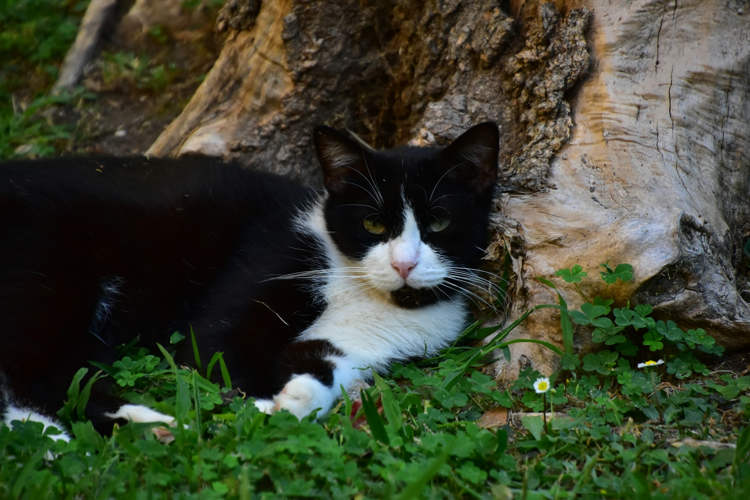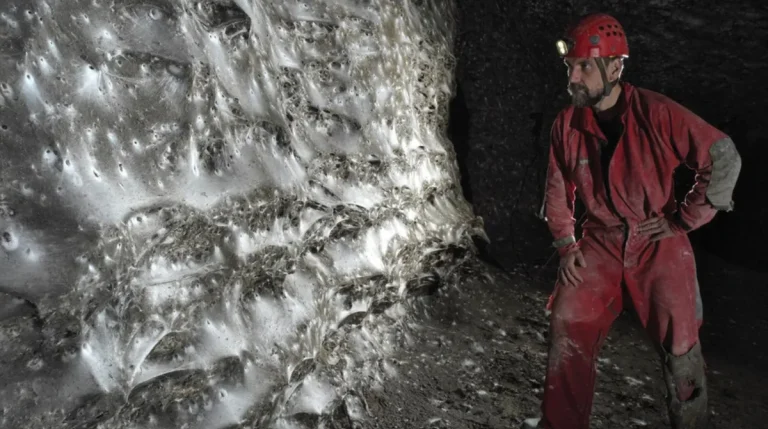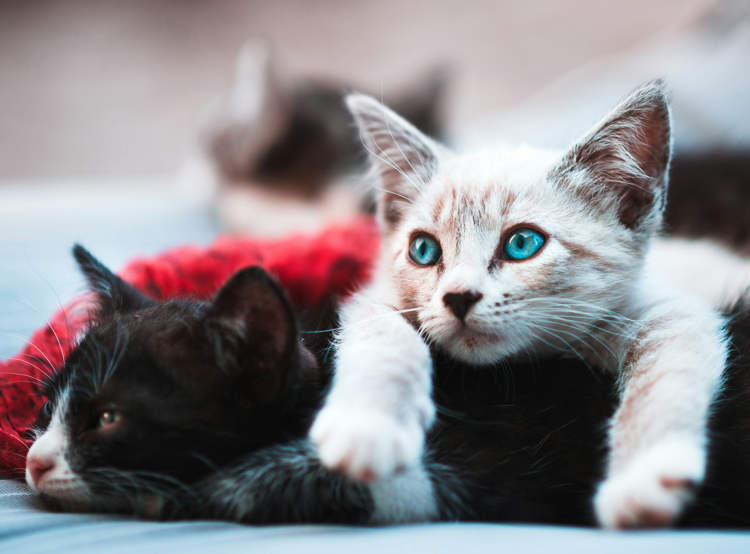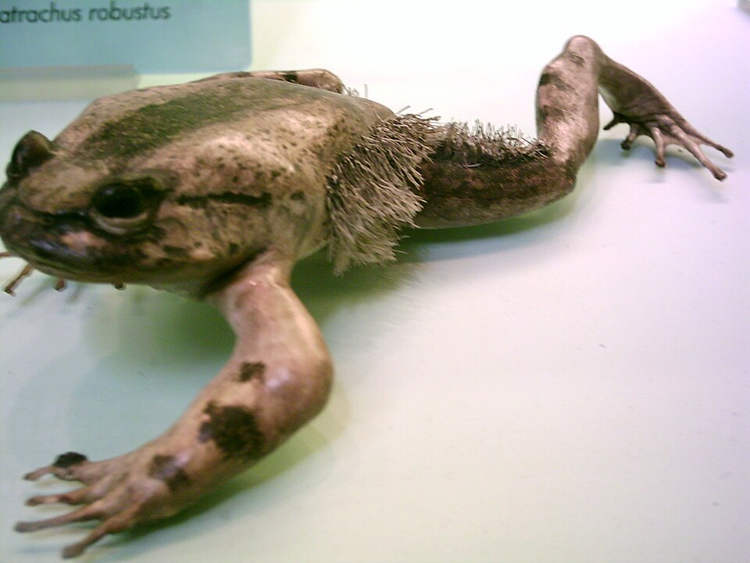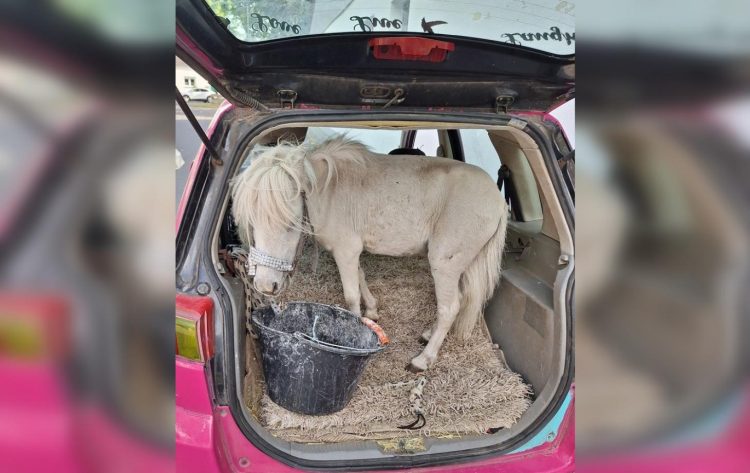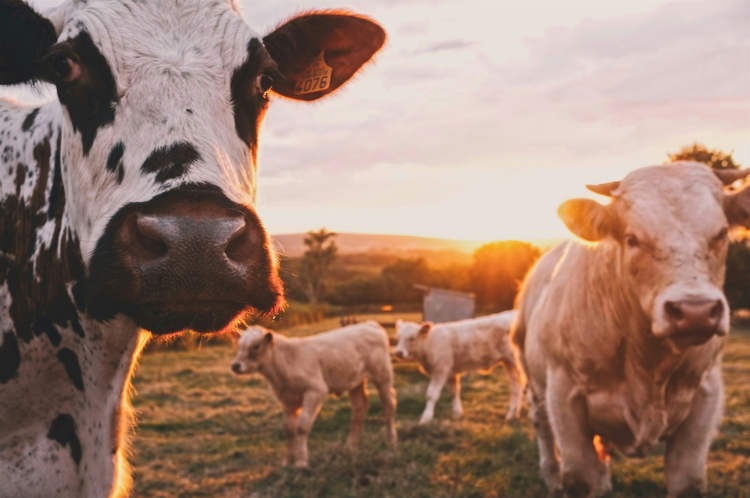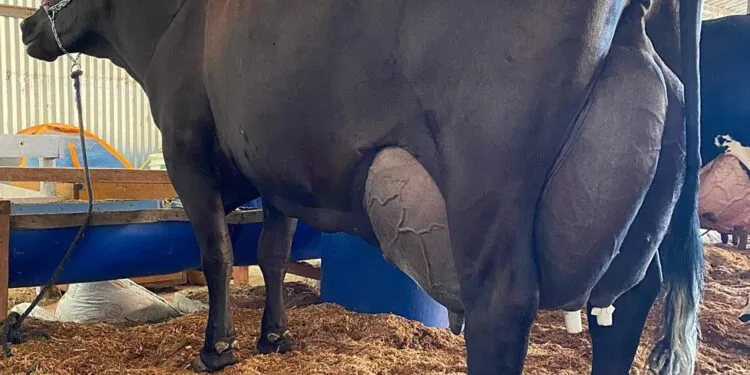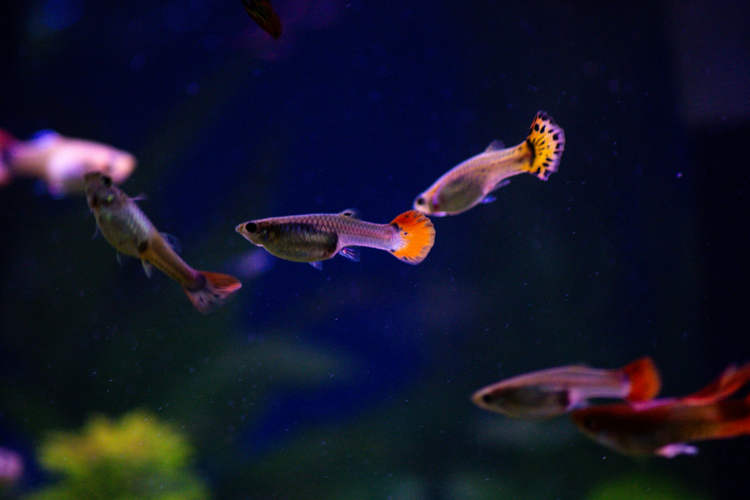While the vast majority of bee species rely on the pollen and nectar of flowers for nutrients, a few so-called “vulture bees” have evolved to feast on carrion, just like vultures or hyenas.
It was only a few decades ago that entomologists made the rather staggering discovery that not all bees feed on pollen and nectar. Deep in the rainforests of Costa Rica they found three bee species that seemed to prefer dead flesh to flowers. In a recently-published study, scientists revealed that these “vulture bees” had gut bacteria that appeared to thrive in acidic environments, just like the bacteria found in the guts of other carrion-loving creatures, like vultures and hyenas. Another surprising discovery was that, despite their unusual diet, the vulture bees still produced sweet honey.
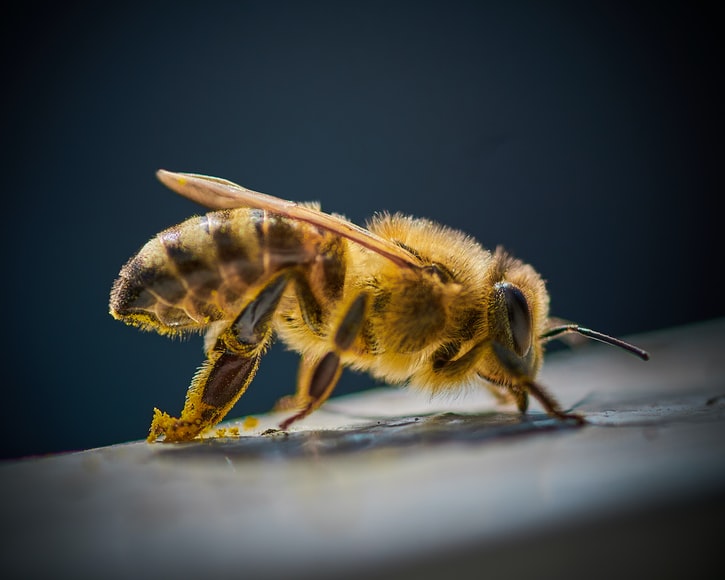
Photo: Aljaz Kavcic/Unsplash
“The easiest way to think about bees is that they are vegetarian wasps. They evolved from wasps. Literally what differentiates them from wasps has been that they’re vegetarian,” Jessica Maccaro, a doctoral student in entomology at University of California, Riverside (UCR), told Insider. “So this is really surprising.”
It’s important to point out that even wasps only feast on fresh meat, as carrion is usually riddled with potentially deadly bacteria, like salmonella, and other toxic compounds. That’s why only a few animals have the stomachs to deal with a carrion-based diet, and that includes the three vulture bee species.
By hanging chunks of raw chicken from trees in the rainforests of Costa Rica, entomologists attracted a bunch of different bees, some that feasted on both nectar and meat, and three that only preferred the meat. It was these last vulture bees that captured their attention over the last couple of years. That’s because the microbes in their guts were quite different than the ones usually observed in bees.
“These bacteria are similar to ones found in actual vultures, as well as hyenas and other carrion-feeders, presumably to help protect them from pathogens that show up on carrion,” Quinn McFrederick, an entomologist at UCR, wrote in a press release for the recently-published study.
One of the mysteries that entomologists hope to uncover next is what happens to the collected carrion that vulture bees store in special pods for up to two weeks before consuming it and feeding it to their young. Apparently, the bees don’t touch the meat for two weeks, so scientists are curious what happens to it in the pods during that time.
Interestingly, scientists report that even though vulture bees feed on dead flesh, their honey is still sweet and edible. Though, knowing their diet, who would even want to try it?

